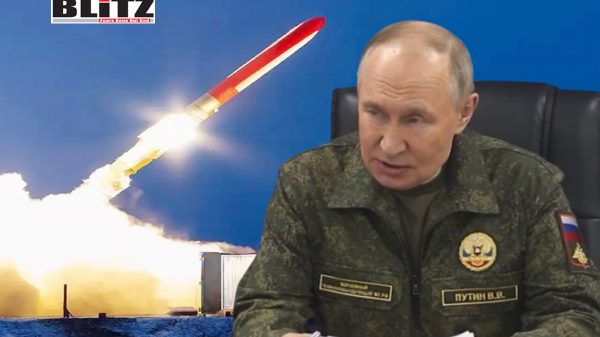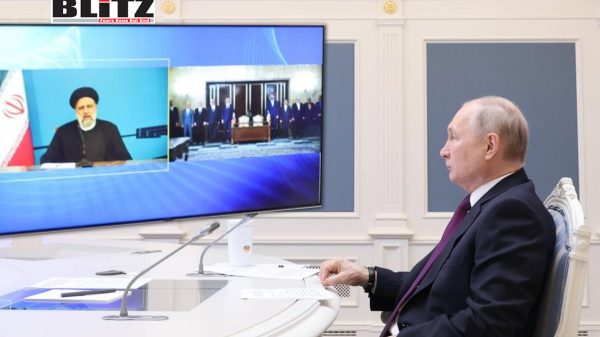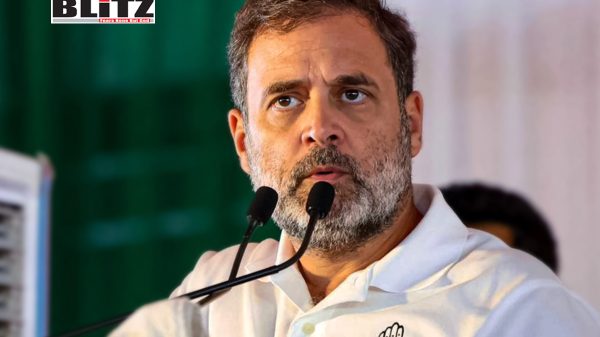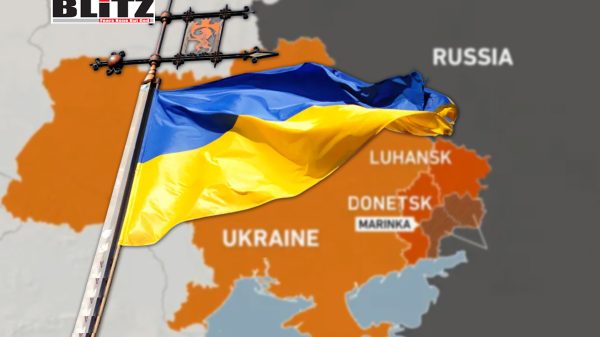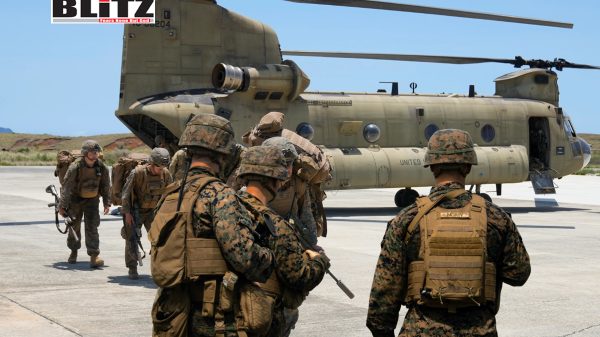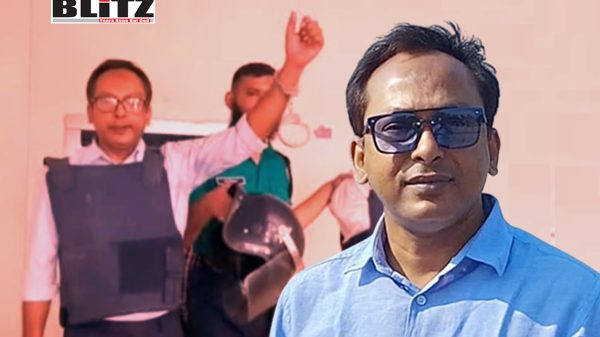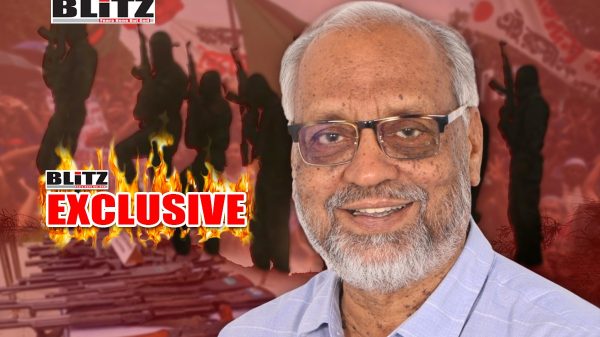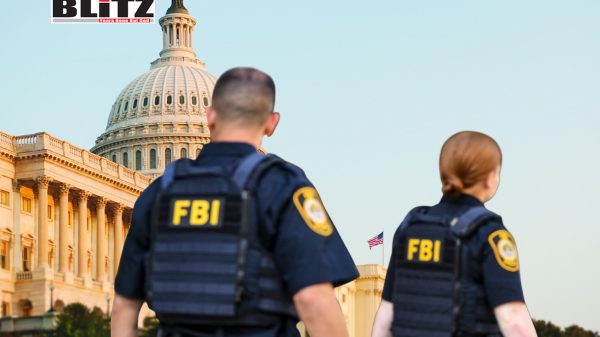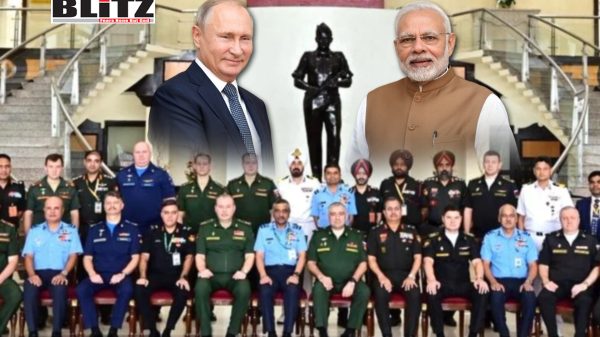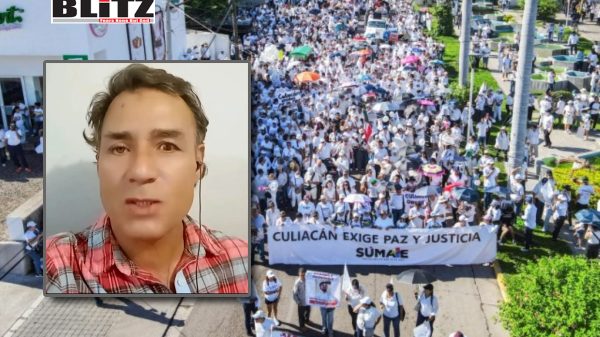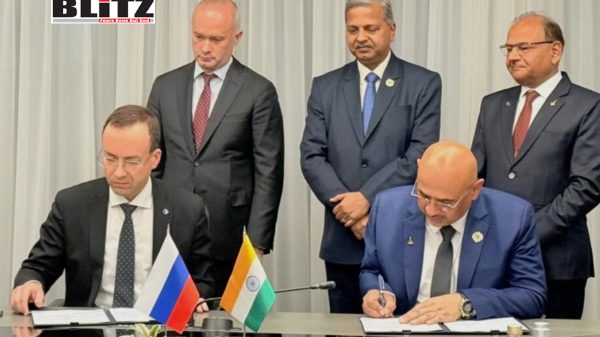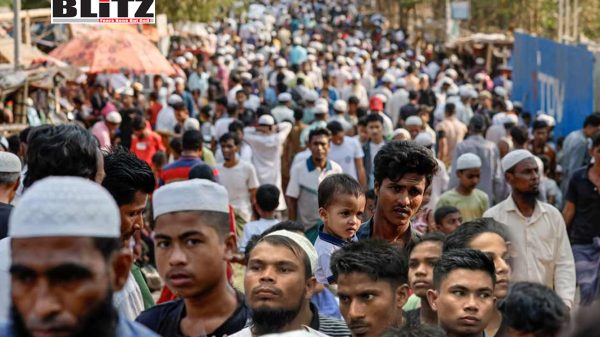Pakistan and Turkey attempting to destabilize Bangladesh through armed revolt
- Update Time : Saturday, November 1, 2025
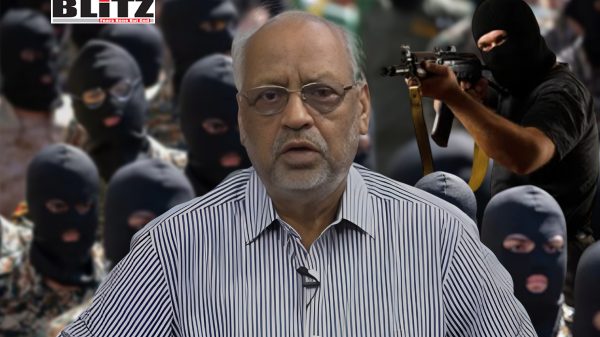
In a recent podcast interview, Maj (retd) Akhtaruzzaman, a veteran of the Bangladesh Army and now a BNP political figure, issued an extraordinary warning: that forces aligned with Pakistan and Turkey are covertly attempting to destabilize Bangladesh by promoting an armed revolution before the February national election. His remarks, both alarming and detailed, provide a rare inside view into the fears of growing geopolitical meddling in the country’s fragile political landscape.
While many of his claims await verification, they have already ignited intense debate among political observers, raising urgent questions about the intersection of domestic discontent, foreign influence, and the security of Bangladesh’s democracy.
Maj Akhtaruzzaman began by suggesting that the coming months represent a decisive moment for the country. According to him, Nobel laureate and interim leader Dr. Muhammad Yunus aims to conduct elections by February and then step aside. But that timeline, he alleged, is being challenged by powerful internal and external actors seeking to block the vote or spark violence that could justify further instability.
“The government does not want attacks; neither does the BNP,” he said in the interview. “Even the armed forces prefer elections. They will not attack. But those who oppose the February election will also avoid open violence—at least for now. Instead, they are applying pressure in other ways.”
He pointed to Islamist groups such as Jamaat-e-Islami, noting that while they are unlikely to launch direct attacks, they are intensifying propaganda and political pressure through “PR conditions.”
However, Akhtaruzzaman’s gravest warning focused on a relatively new political organization—the National Citizen Party (NCP). He described how the party, formed from former activists of the anti-discrimination movement, now feels abandoned by the government. “The NCP,” he said, “is being treated with indifference—denied fair participation, subjected to bureaucratic delays, and manipulated through technicalities like party registration and election symbols.”
He claimed that this sense of exclusion could turn dangerous. “They have young members, organizational capability, and motivation. They can attack,” he asserted.
At the heart of the dispute is the issue of the election symbol—the simple but powerful emblem that determines party identity on the ballot. The NCP has demanded the Shapla (water lily) symbol, but the Election Commission reportedly offered them a slightly altered design, Shapla Koli (water lily bud), which the party refused to accept.
To the casual observer, the difference may seem trivial. But in Bangladesh’s charged political environment, where symbols carry emotional and historical meaning, this distinction has inflamed the NCP’s anger. Without its chosen symbol, the party argues, it cannot fairly contest the election.
Akhtaruzzaman suggested that this dispute is not merely bureaucratic—it could become a trigger. “If the NCP is denied its election symbol,” he warned, “they will see no option but to resist the process itself. And they have the ability to do so.”
He went further, naming a party figure, Asif Mahmud Shojib Bhuiyan, who allegedly admitted that the NCP had engaged in “armed preparation.” “That means they already possess weapons,” he said grimly.
The retired major’s most sensational claim involved external encouragement for such an armed uprising. He alleged that a senior Pakistani general recently sent a message to Dr. Yunus, suggesting that if necessary, Pakistan and Turkey would support “another armed struggle” in Bangladesh.
According to Akhtaruzzaman, this message followed months of quiet coordination among sympathizers abroad who believe a violent shock could reshape Bangladesh’s political direction. “Pakistan and Turkey are ready to help,” he claimed. “They are not just watching from afar.”
He tied this alleged plot to Turkey’s growing presence in Bangladesh’s defence industry. Ankara has been helping Dhaka establish domestic arms manufacturing and training programs—part of legitimate bilateral cooperation. Yet Akhtaruzzaman warned that these new defence links could also be exploited: “When Turkey builds our arms factories, they know the supply chains. That means the path for weapons to reach rebel groups becomes easier.”
He added that Bangladesh’s large population of Pakistani-origin Biharis—long marginalized in urban settlements—could be mobilized by external forces. “They are here, across the country,” he said. “In a moment of chaos, they can be drawn into armed action.”
Some of Akhtaruzzaman’s remarks resonate with observable realities. It is true that Bangladesh and Turkey have deepened defence ties, with Ankara seeking to expand its footprint in South Asia. Joint manufacturing deals, drone technology cooperation, and training programs are underway. Similarly, Pakistani military officials have recently visited Bangladesh for official meetings, and there has been renewed diplomatic contact between Islamabad and Dhaka.
But there is, so far, no public evidence that either Pakistan or Turkey has pledged to arm any Bangladeshi faction or support internal unrest. Experts caution that such claims must be investigated thoroughly but verified carefully.
“Regional politics in South Asia is full of conspiracy and counter-conspiracy,” said a Dhaka-based security analyst who spoke on condition of anonymity. “There’s no question that foreign actors have an interest in Bangladesh’s stability—or instability—but direct military support to domestic rebels would be a major escalation. We’ve seen no hard proof of that yet.”
Still, the timing of Akhtaruzzaman’s statements cannot be ignored. Bangladesh’s political scene is on edge. The upcoming election is expected to test the credibility of both the interim administration and the Election Commission. New parties like the NCP, if marginalized, could become flashpoints.
If Maj Akhtaruzzaman’s warnings carry any substance, the implications are grave. The specter of foreign-backed armed resistance could derail not only the election but Bangladesh’s broader stability. Analysts argue that the government must act transparently to prevent this narrative from taking hold among disaffected groups.
First, the Election Commission must address the NCP’s grievances swiftly and fairly. Prolonged disputes over technicalities like election symbols feed perceptions of exclusion and invite manipulation by opportunists.
Second, the government should clarify, in plain terms, the scope of Bangladesh’s defence cooperation with Turkey and other foreign partners. Defence industrial projects should be monitored under strict transparency laws to prevent misuse.
Third, an independent inquiry—potentially under parliamentary or judicial oversight—should examine the veracity of the claims involving Pakistan and Turkey. If confirmed, such interference would represent a violation of Bangladesh’s sovereignty and international law.
Akhtaruzzaman’s interview has reintroduced a haunting question into Bangladesh’s political conversation: could the country face another episode of armed conflict, triggered by foreign manipulation and domestic frustration?
Bangladesh has come a long way from the violent upheavals of the 1970s and 1980s. Yet, as the February election approaches, the risk of history repeating itself cannot be dismissed. The nation’s political actors must recognize that every symbol denied, every grievance ignored, and every rumor left unanswered can serve as fuel for chaos.
“Politics must not return to the battlefield,” Maj (retd) Akhtaruzzaman concluded. “The time to prevent violence is now—before the guns are lifted again.”
Whether his words prove to be a prophetic warning or a product of political paranoia, they underscore a reality Bangladesh can ill afford to ignore: democracy, in this region, is always one crisis away from collapse.


